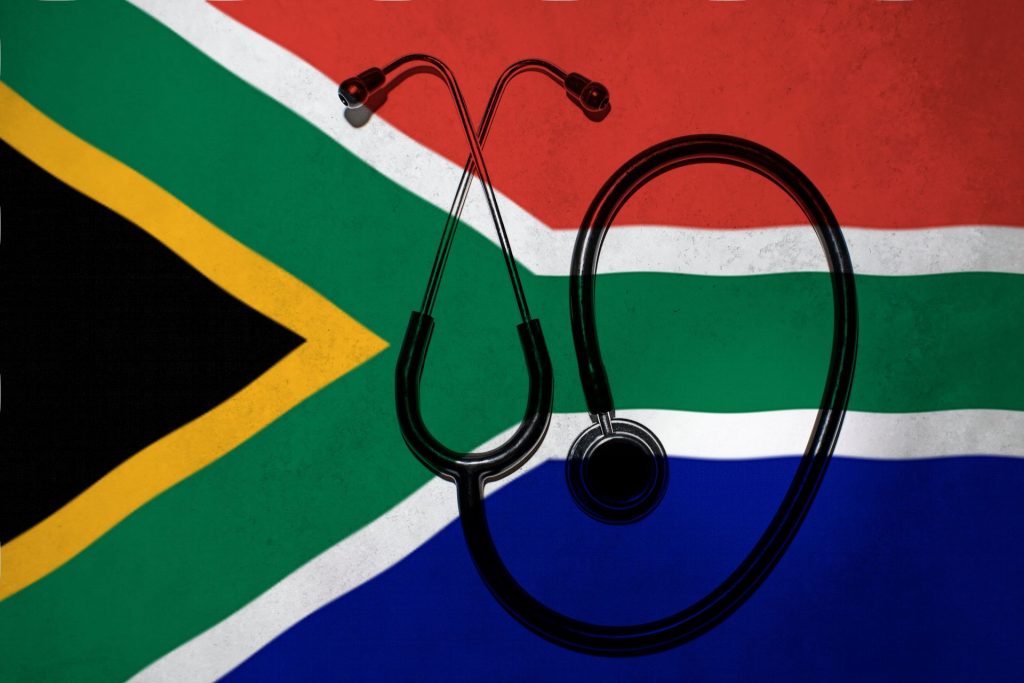
On Tuesday 22 November, healthcare workers were among the public sector employees who engaged in a strike action to protest a lack of pay increase. A number of hospitals and clinics across South Africa and particularly Gauteng were affected, the Daily Maverick reports.
Unions had been offered a 3% increase plus an additional R1000, which the negotiating unions refused. Union leaders rejected this, demanding a 10% increase. Inflation is running at 6%, and food prices have risen by 12% from the start of the year to September – largely driven up by the war in Ukraine.
Union leaders say the strikes and protests are driven by wages staying the same over the past few years. Healthcare workers had already been suffering high rates of burnout battling COVID waves. In addition, workers complained of being understaffed, and enduring dire working conditions from lack of equipment, medication and food.
On Tuesday morning, burning tires were placed on Chris Hani Road in Soweto. Striking workers wearing union colours were preventing many vehicles, including ambulances, from entering Chris Hani Baragwanath Hospital. Patients inside were being left unattended.
Sebokeng Hospital in Sedibeng meanwhile was running on a skeleton staff, with doctors and nurses prevented from entering. Emergency services were being diverted to nearby facilities.
Meanwhile, GroundUp reported that patients were being turned away from Mabandla Clinic in the Eastern Cape. In Gqeberha, Motherwell NU8 clinic and the Motherwell Healthcare Centre were both reported to be closed.
On Tuesday afternoon, the Gauteng Department of Health received an interdict against the strikes, preventing striking workers from interfering with access to hospitals, EWN reports. The public healthcare systems in Gauteng and other provinces have already been strained, with recent high-profile protests and resignations over inadequate funding and allegations of corruption.

